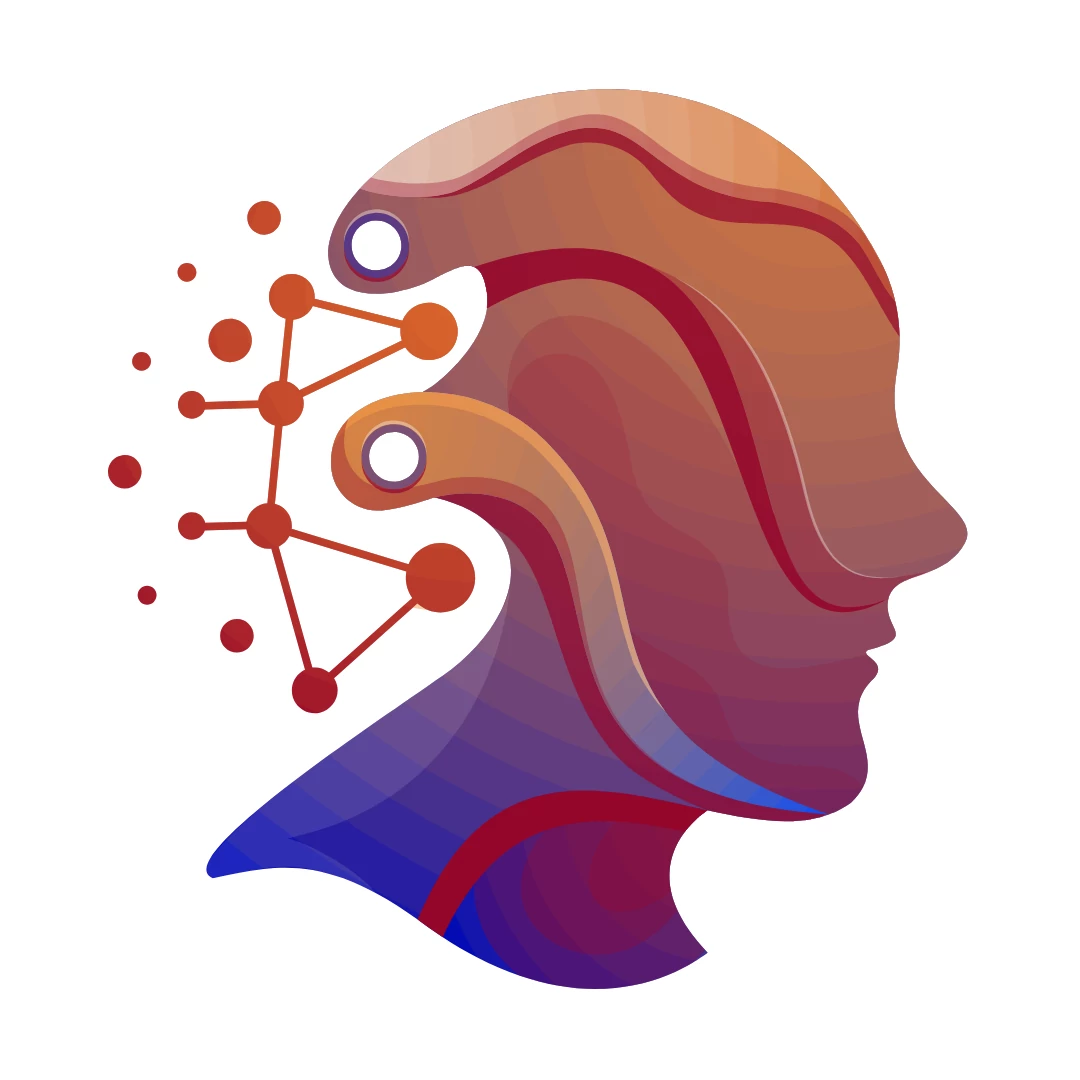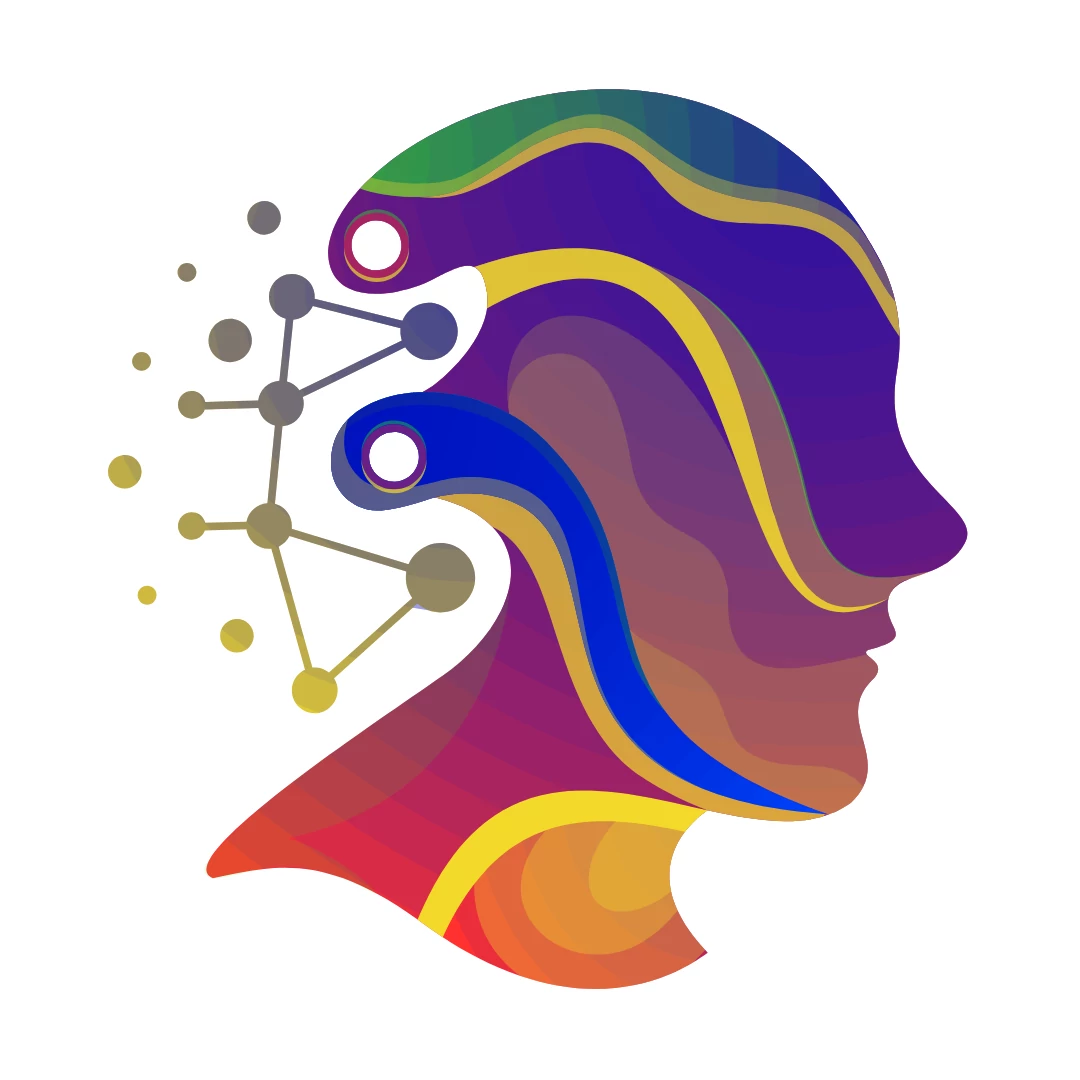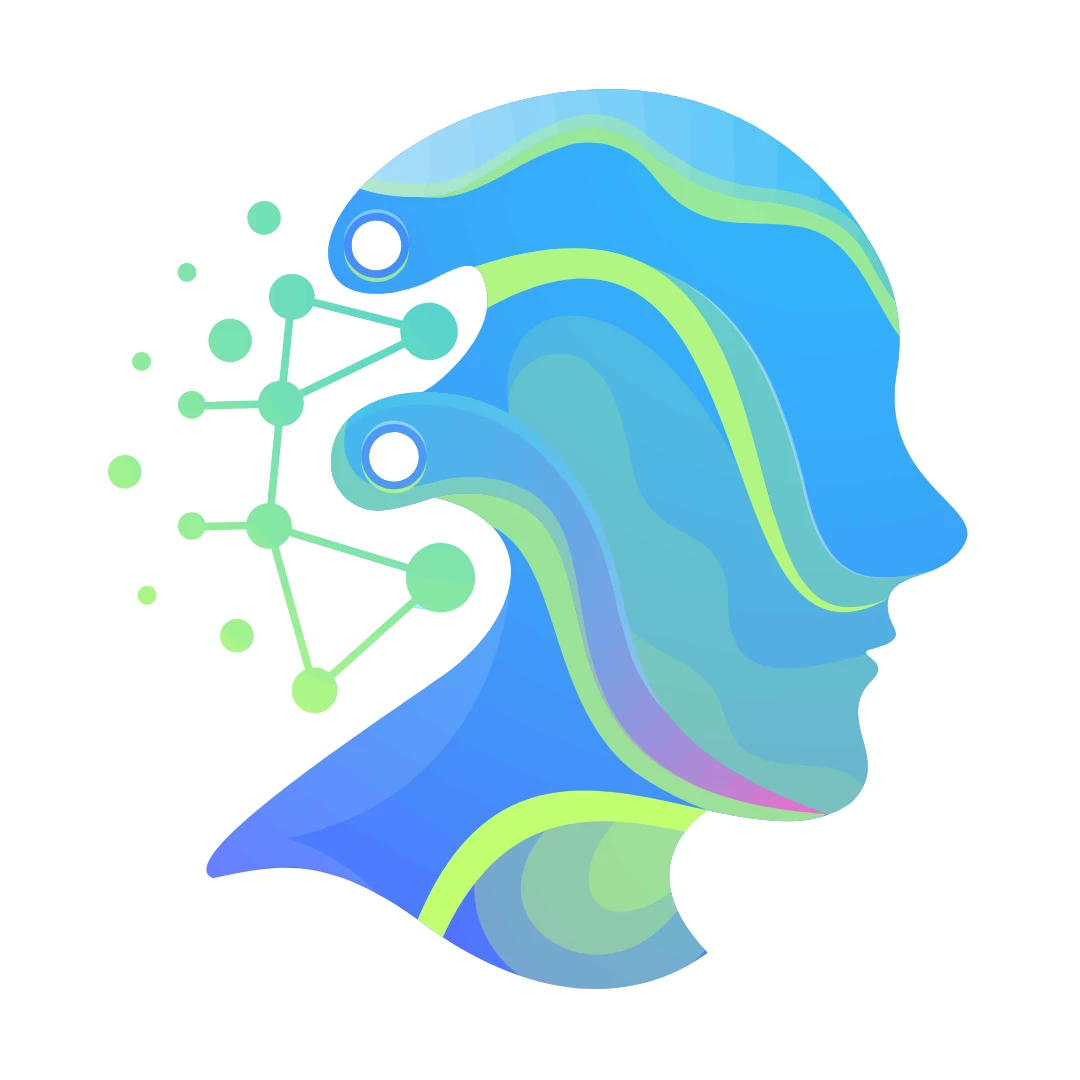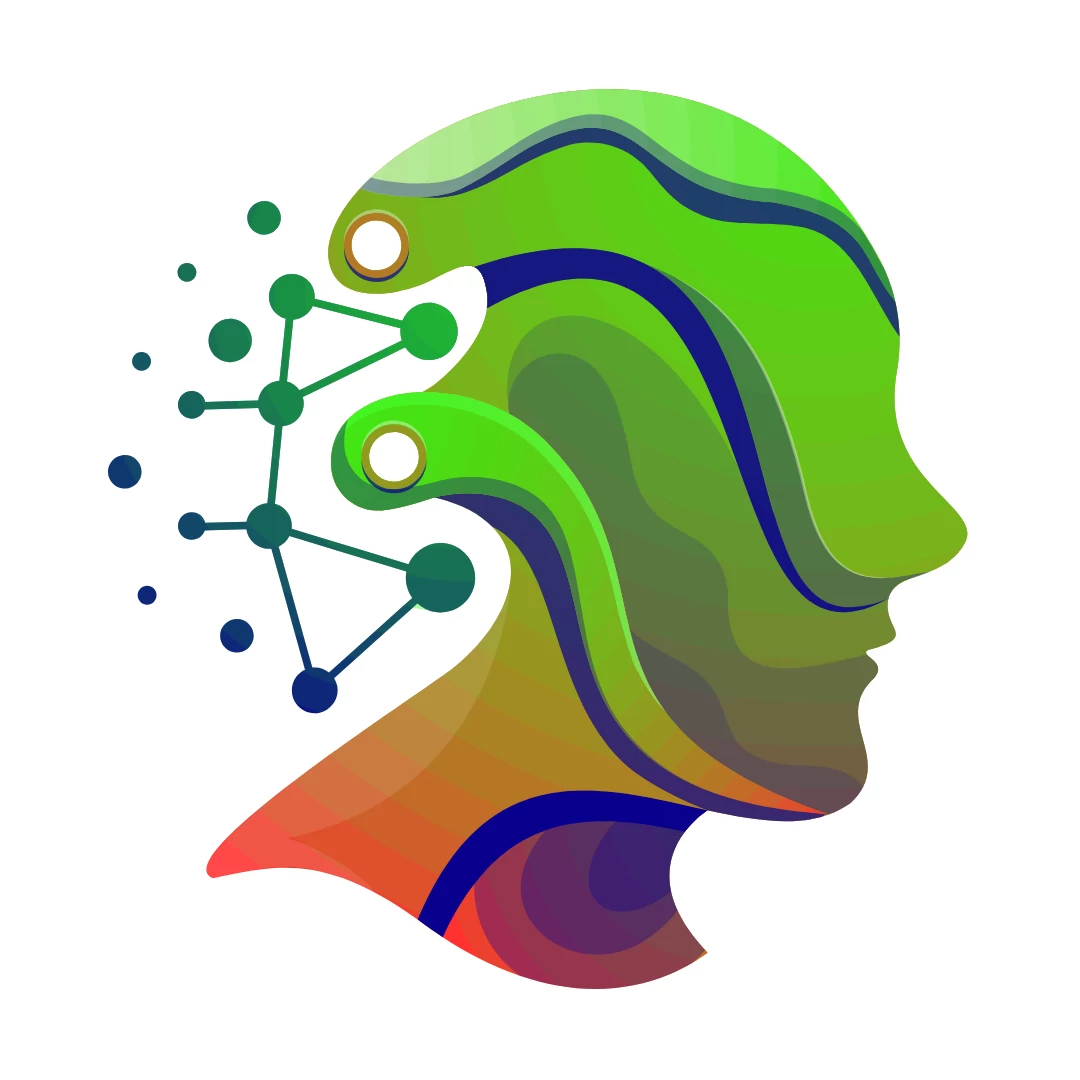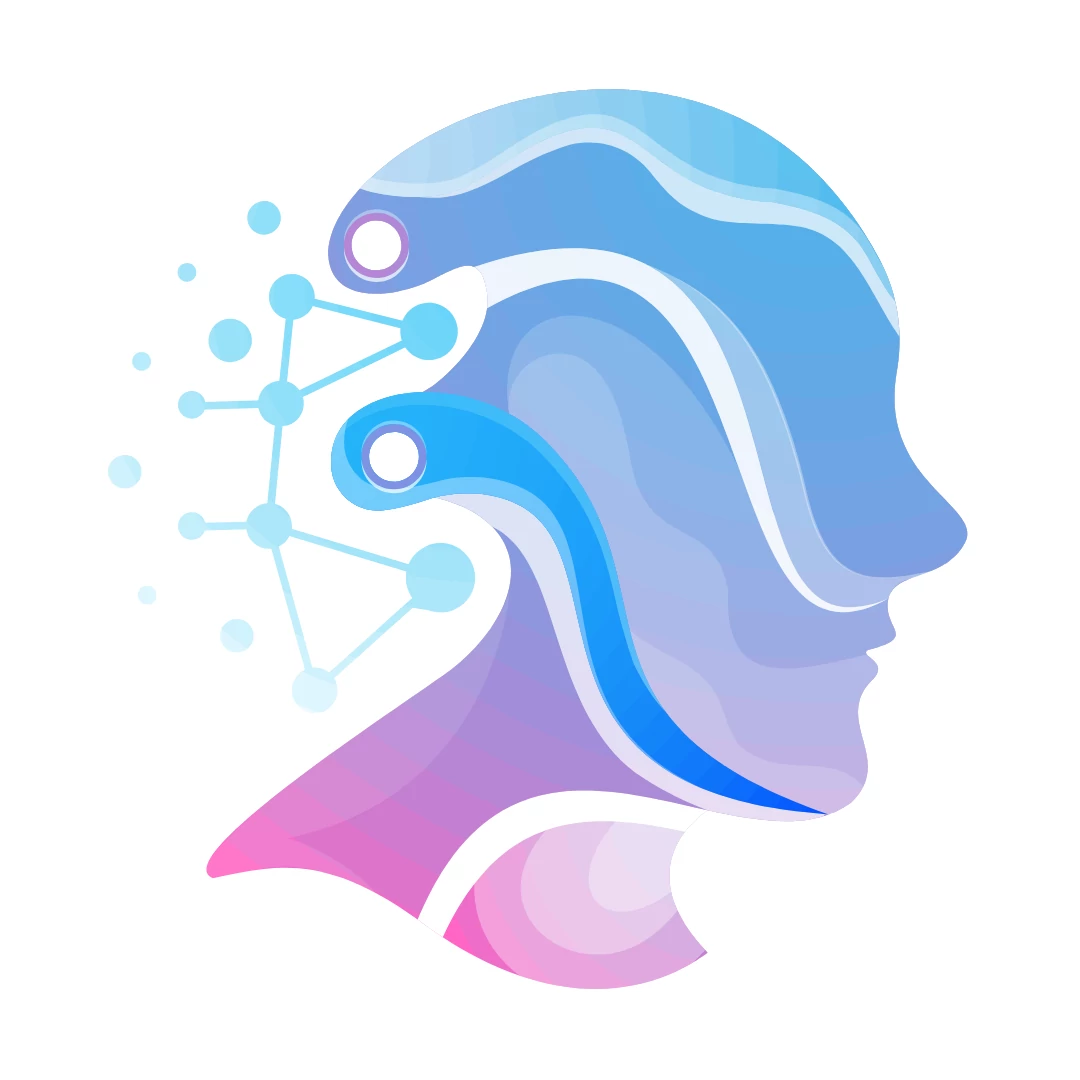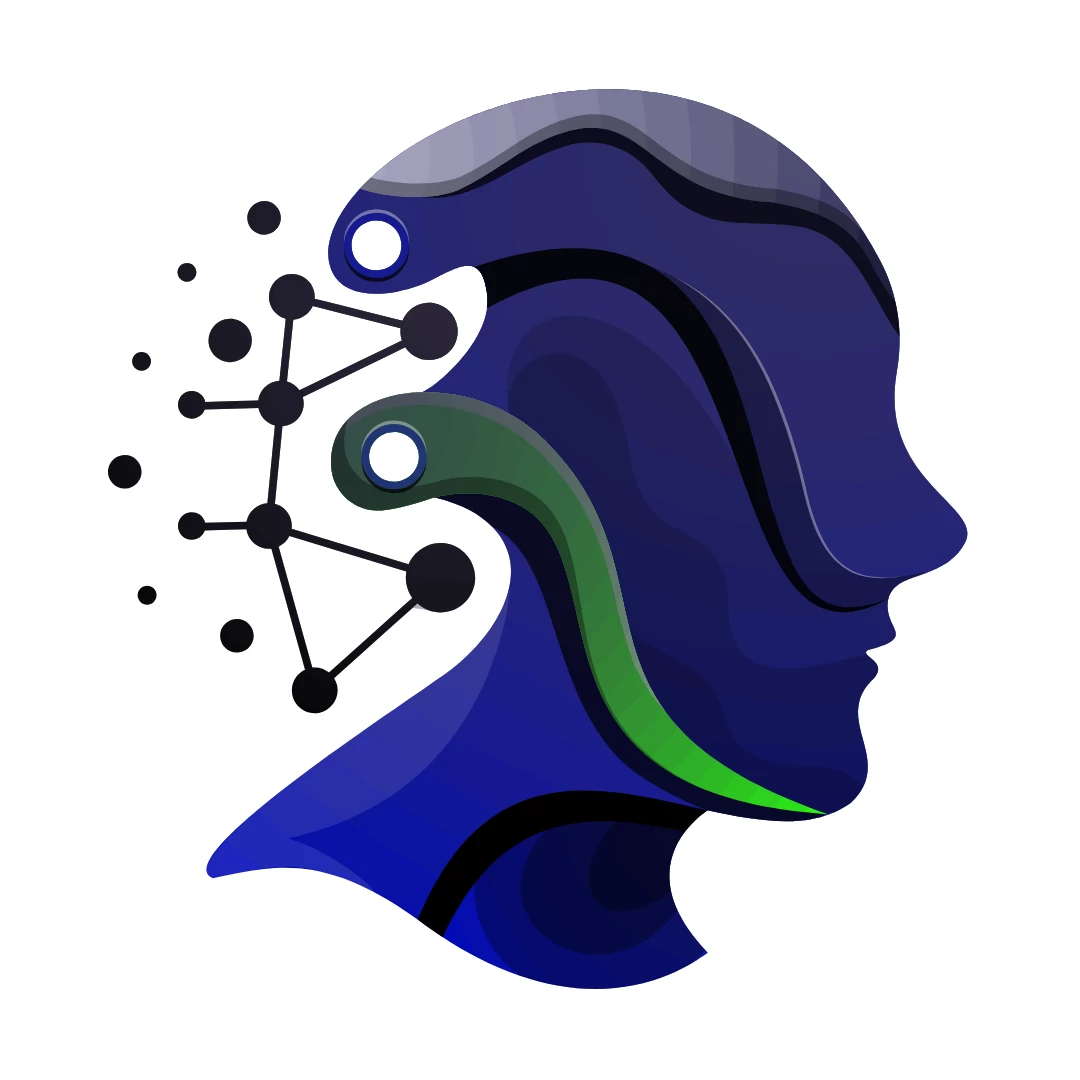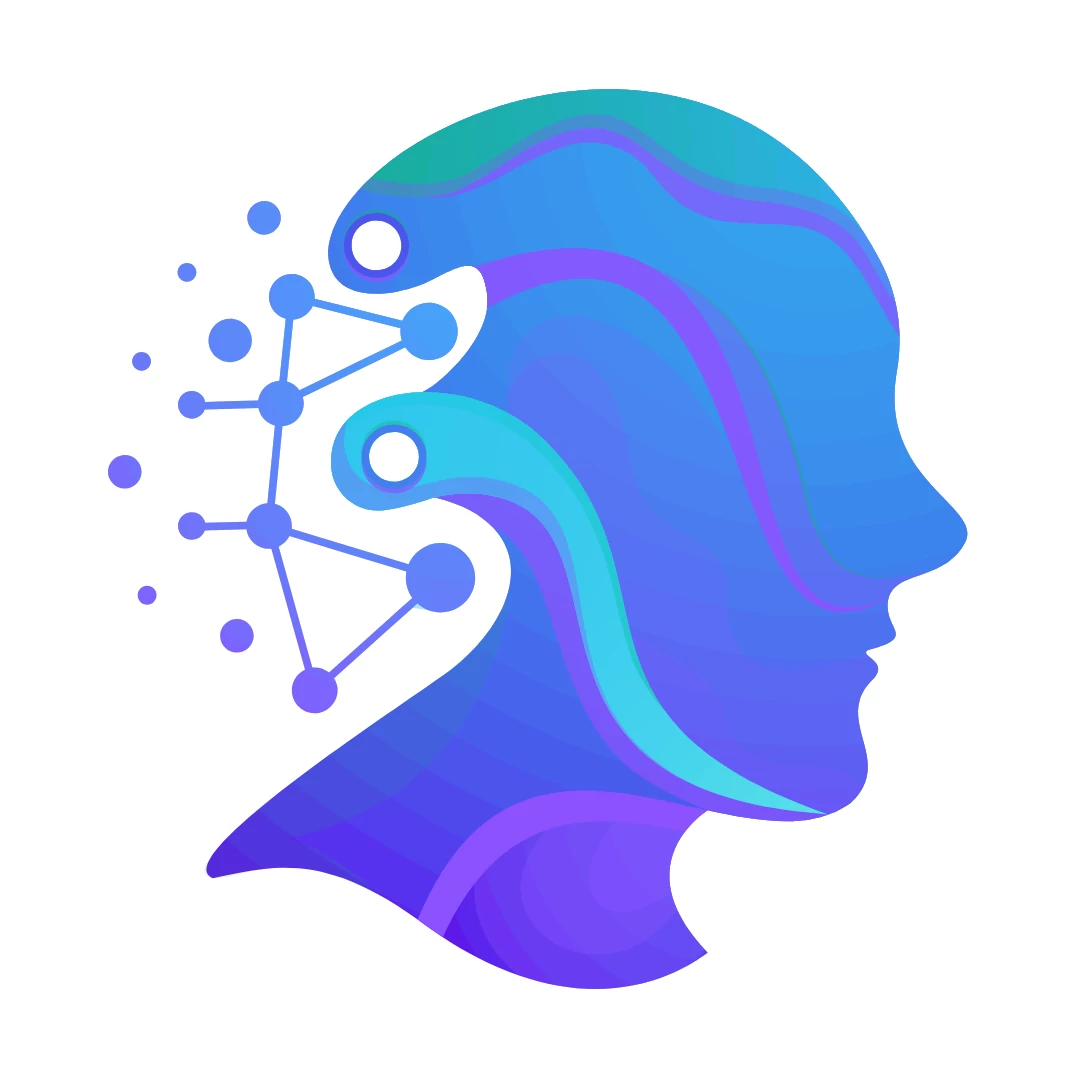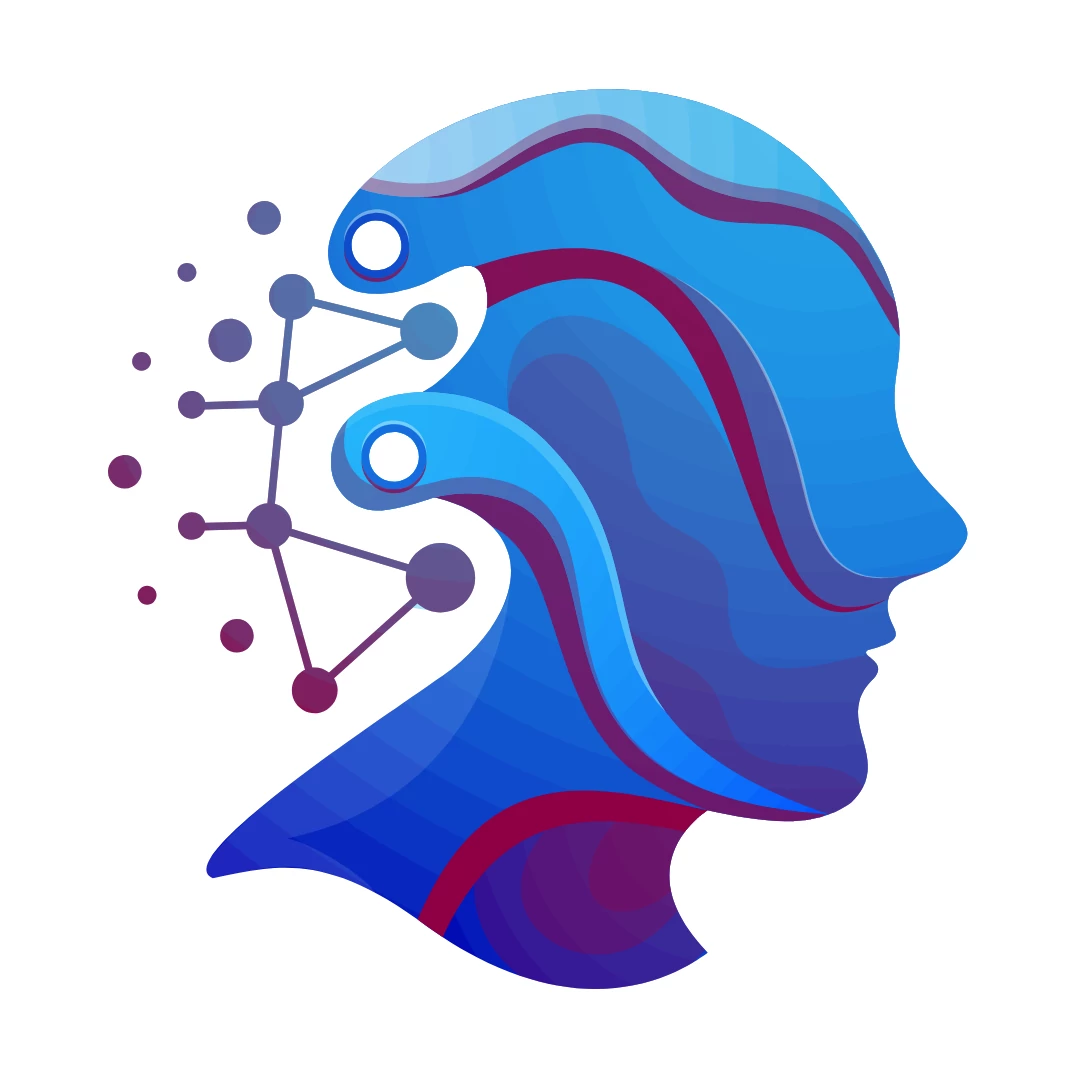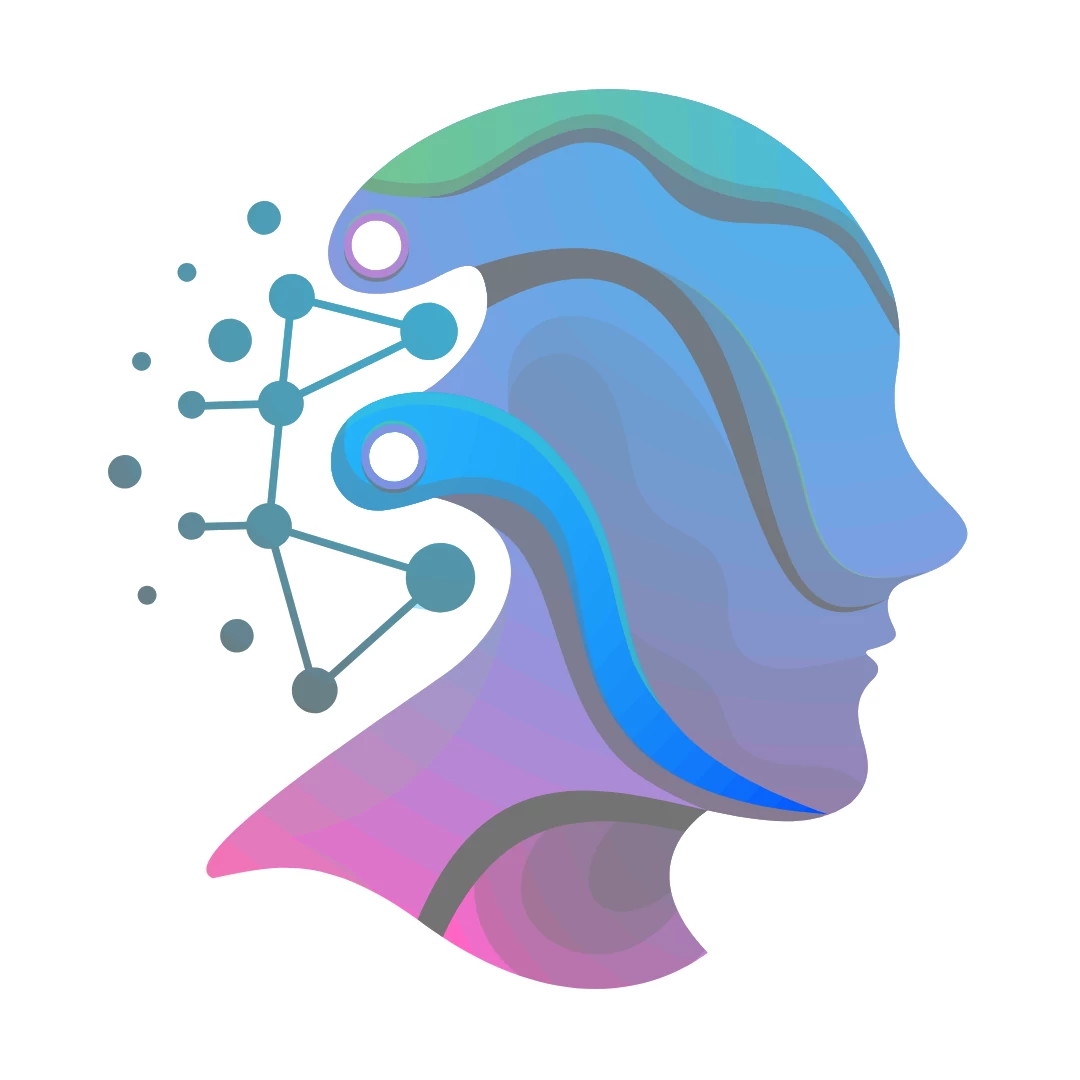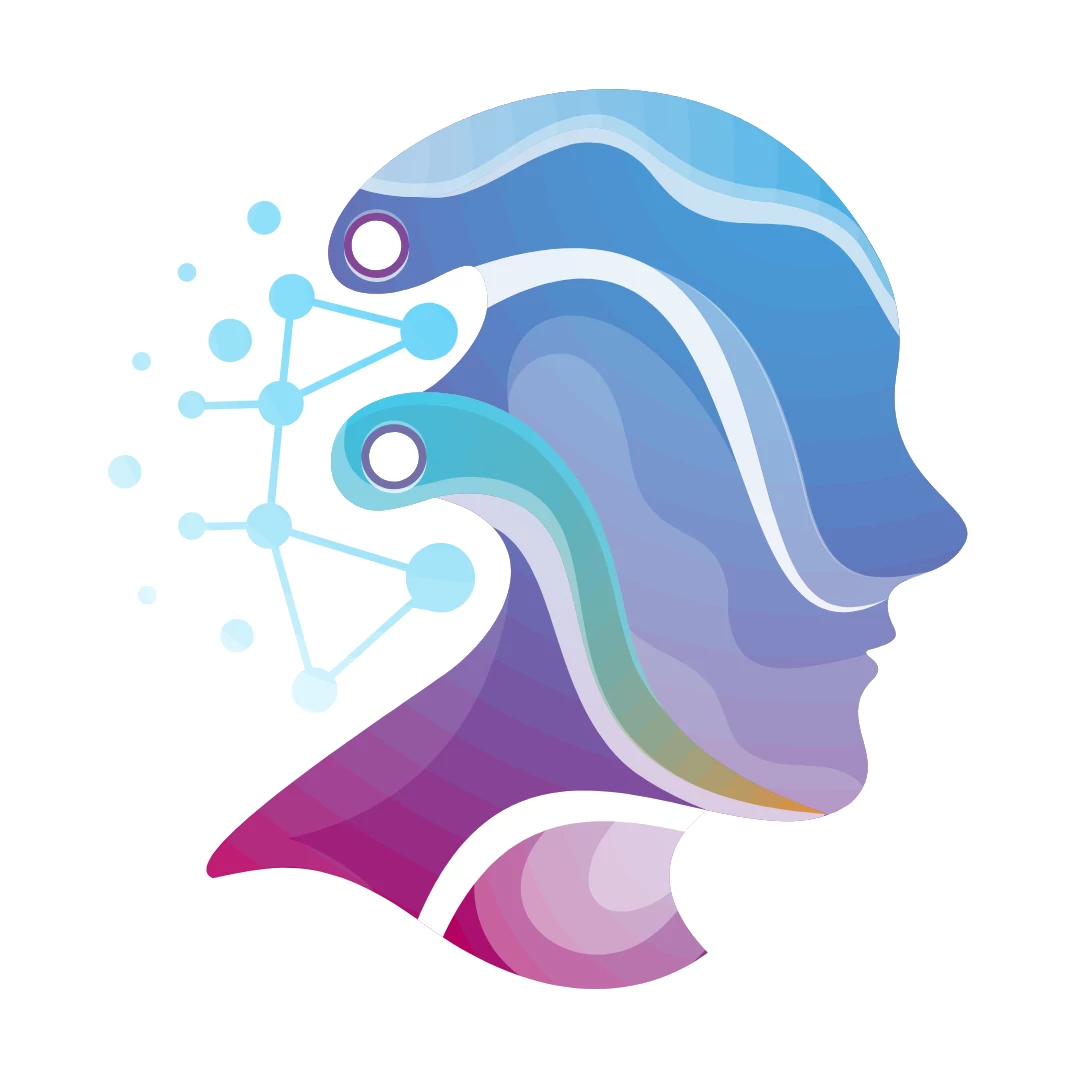RPGGO.AI
raft Your Adventure, Powered by AI
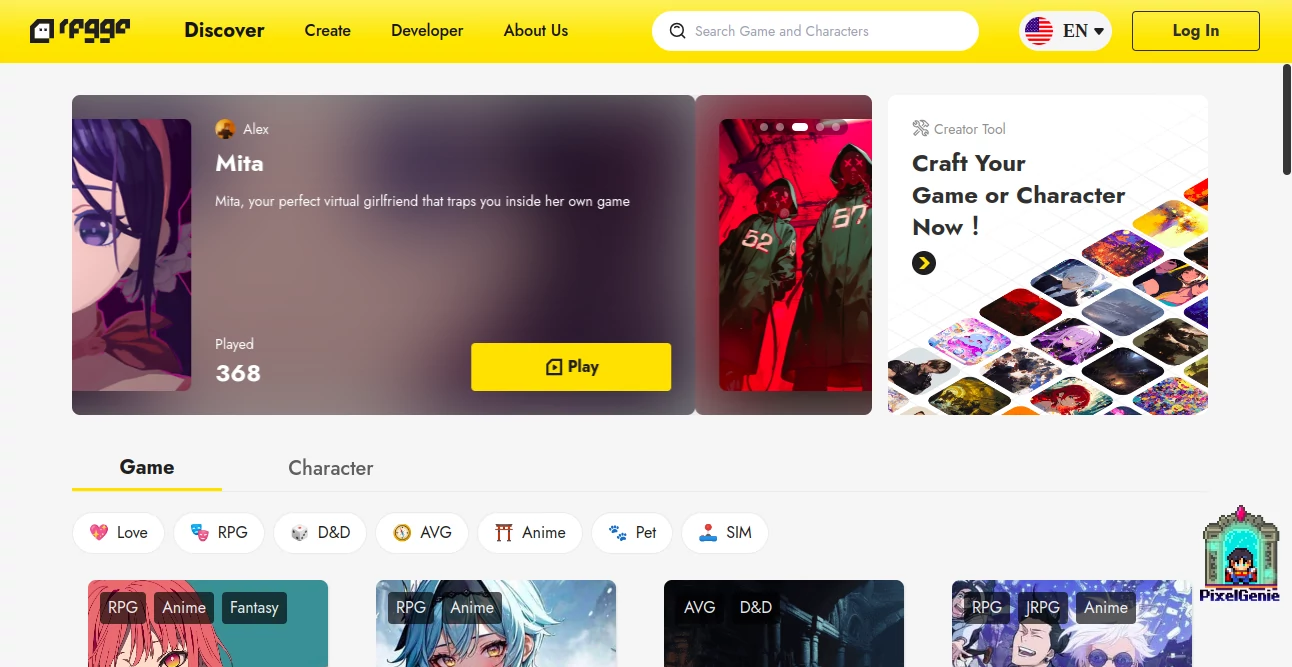
What is RPGGO.AI?
RPGGO.ai: Unleashing Creativity with AI-Powered Role-Playing Games
In the ever-evolving landscape of gaming, where innovation drives engagement, RPGGO.ai emerges as a groundbreaking platform that redefines how we create and experience role-playing games (RPGs). Launched as an AI-powered, text-based RPG engine, RPGGO.ai empowers both seasoned developers and newcomers to craft immersive, interactive adventures with ease. By harnessing the capabilities of generative artificial intelligence, this platform transforms simple ideas into rich, dynamic game worlds populated by intelligent non-player characters (NPCs). Whether you’re a player seeking endless storytelling possibilities or a creator dreaming of building your own RPG, RPGGO.ai offers a unique blend of accessibility, creativity, and technology. Let’s dive into what makes this platform a game-changer and why it’s worth exploring.
What is RPGGO.ai?
RPGGO.ai is an innovative online platform designed to democratize the creation and enjoyment of text-based RPGs. Unlike traditional game development, which often requires coding expertise, artistic skills, and significant time investment, RPGGO.ai simplifies the process by leveraging AI to handle the heavy lifting. At its heart, the platform is a “text-to-game” engine, meaning users can input text prompts—such as story ideas, character descriptions, or world settings—and watch as the AI constructs a playable game. Founded on the principle that anyone should be able to bring their imagination to life, RPGGO.ai opens the door to a new era of user-generated content (UGC) in gaming.
The platform’s flagship feature is its RPGGO Copilot, an advanced generative AI tool that collaborates with users to build game frameworks. This system employs a team of specialized AI agents, each tasked with a specific role—world-building, character development, narrative crafting, and gameplay mechanics. These agents work in harmony to ensure the game aligns with the creator’s vision while adding depth and interactivity. The result? A seamless, engaging experience that feels professionally designed, even if you’ve never written a line of code.
How RPGGO.ai Works
Using RPGGO.ai is as intuitive as it is powerful. Creators begin by visiting creator.rpggo.ai, where they can select a template or start from scratch. The interface offers three main setting categories: Worldview (defining the game’s universe), Game (outlining mechanics and objectives), and Character (detailing NPCs and player roles). Users input their ideas—whether a medieval fantasy realm, a futuristic dystopia, or a mystery-laden detective story—and the AI takes over, enriching the concept with details and structure.
The backbone of this process is the Zagii Engine, RPGGO.ai’s proprietary technology. Described in their 2024 thesis, “A Text-to-Game Engine for UGC-Based Role-Playing Games,” the Zagii Engine acts as both a game designer and game master. It interprets user inputs, establishes the initial framework, and dynamically adapts as players interact with the game. For instance, if you describe a forest filled with mythical creatures, the AI might generate quests, dialogue, and NPC behaviors that evolve based on player choices. This adaptability sets RPGGO.ai apart from static, pre-scripted RPGs, offering a truly open-world feel within a text-based format.
Players, on the other hand, can explore pre-made games or join the game lobby at rpggo.ai to dive into community creations. The platform supports multi-NPC interactions, powered by large language models (LLMs), allowing for natural, responsive conversations that enhance immersion. Want to negotiate with a cunning merchant or challenge a dragon to a riddle contest? The AI-driven NPCs make it possible, responding in real time to your decisions.
Key Features of RPGGO.ai
1. Text-to-Game Creation: Transform simple text prompts into fully playable RPGs, no coding required.
2. RPGGO Copilot: A collaborative AI tool that assists with story development, character design, and gameplay mechanics.
3. Zagii Engine: The AI foundation that structures and monitors game progress, ensuring a cohesive experience.
4. Dynamic NPCs: Powered by LLMs, these characters engage players with lifelike dialogue and adaptive behaviors.
5. Multi-Modal Output: Games feature text and, in some cases, AI-generated images to enhance the visual experience.
6. Community Engagement: Share your creations, play others’ games, and join a growing community via Discord and social media.
Why RPGGO.ai Stands Out
The gaming industry has long been dominated by big-budget titles requiring teams of professionals. RPGGO.ai challenges this paradigm by empowering individuals to become game designers. Its use of generative AI addresses a key pain point: the barrier to entry. Traditional RPG development demands expertise in programming, art, and narrative design—skills that take years to master. RPGGO.ai eliminates these hurdles, allowing anyone with a story to tell to create a game in minutes. This accessibility aligns with the broader trend of AI democratizing creative fields, from writing to art to now gaming.
Moreover, RPGGO.ai excels in personalization. Unlike conventional RPGs with fixed storylines, its AI-driven approach ensures every game feels unique. Players enjoy unlimited freedom to explore, while creators can tweak their worlds with precision or let the AI surprise them with unexpected twists. This balance of control and spontaneity is a hallmark of the platform’s design, making it appealing to a wide audience.
Use Cases for RPGGO.ai
Aspiring Game Designers: Test ideas and build prototypes without technical expertise.
Writers: Turn stories or novels into interactive experiences for readers.
Educators: Create engaging, narrative-driven lessons to teach history, literature, or problem-solving.
Casual Players: Enjoy quick, imaginative adventures tailored to your interests.
Community Builders: Host game-making challenges or collaborative storytelling events.
The Future of RPGGO.ai
Since its alpha launch, RPGGO.ai has seen rapid growth, fueled by a passionate community and continuous updates. By April 2025, the platform has expanded its offerings, introducing features like enhanced image generation and broader genre support—spanning adventure, romance, mystery, and simulation. With over 2 million monthly users reported in recent updates, RPGGO.ai is carving out a niche as the go-to platform for AI-native gaming.
The team behind RPGGO.ai, a technology firm with roots in generative AI research, envisions a future where players and creators seamlessly integrate their games into other platforms like Unity or Unreal Engine via a developer hub. This ambition hints at a broader ecosystem, potentially revolutionizing how indie games are made and shared. As the platform evolves, it’s likely to attract more attention from both hobbyists and industry professionals, cementing its place in the gaming world.
Limitations and Potential
No tool is without flaws, and RPGGO.ai is still refining its capabilities. Some users note that while the AI excels at broad concepts, highly specific or complex prompts may yield inconsistent results. The alpha stage also means occasional bugs or limitations in customization, though the team actively solicits feedback via Discord and Reddit to address these issues. With time and development, RPGGO.ai has the potential to rival traditional game engines for text-based experiences.
Why You Should Try RPGGO.ai
RPGGO.ai isn’t just a tool—it’s an invitation to unleash your creativity. Whether you’re a gamer craving fresh adventures or a dreamer with a story to share, this platform offers a sandbox where imagination knows no bounds. Its blend of AI innovation and user-friendly design makes it a standout in the crowded gaming space. Visit https://rpggo.ai today, explore the game lobby, or sign up as a creator to see how your ideas can come to life. In a world where technology often feels impersonal, RPGGO.ai proves that AI can amplify human creativity, one story at a time.
AI Game .
These classifications represent its core capabilities and areas of application. For related tools, explore the linked categories above.

